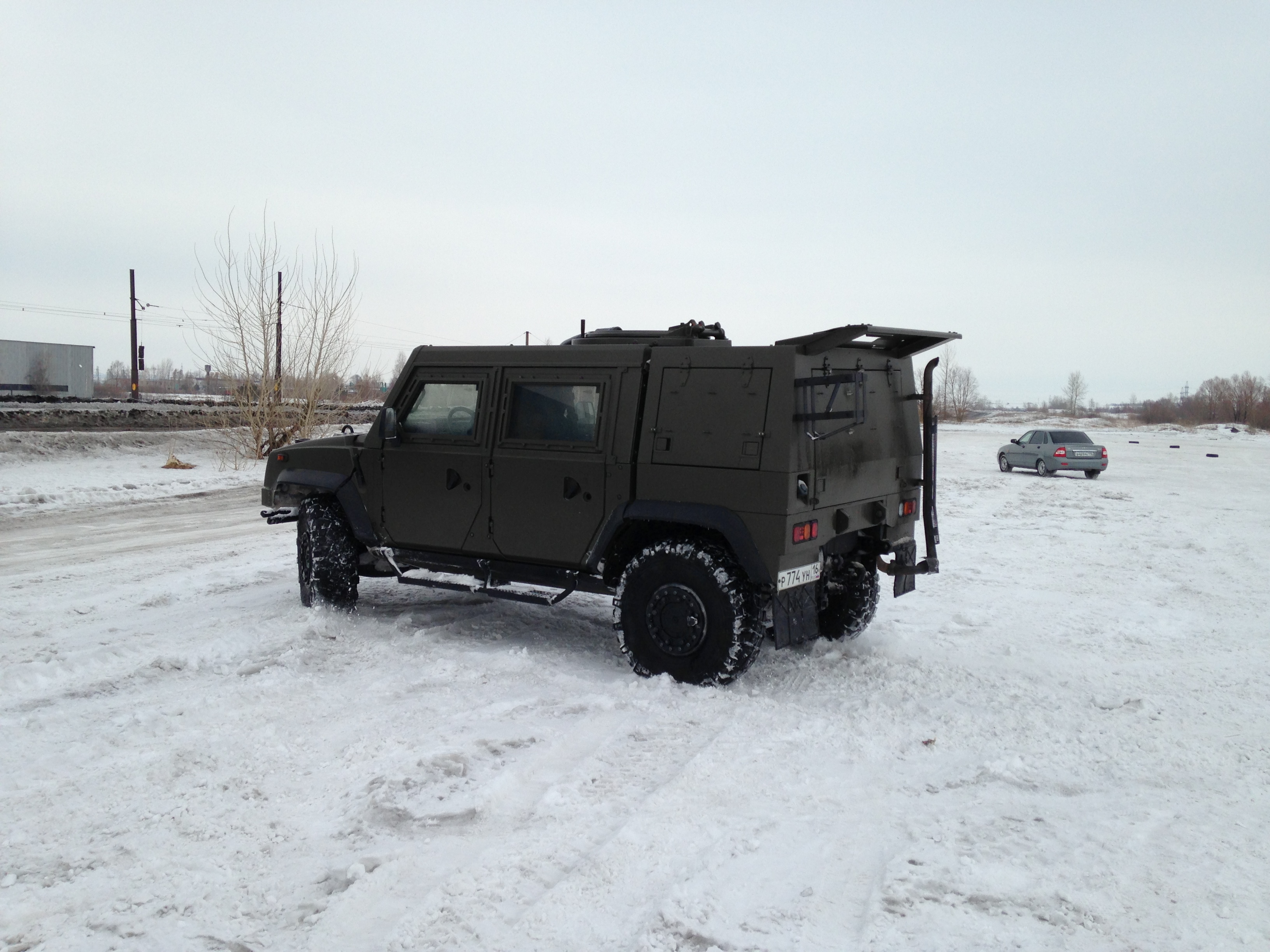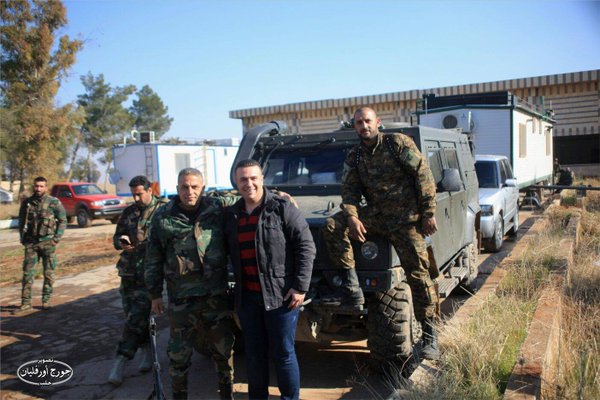http://www.ft.com/cms/s/0/69cb93de-b552-11e5-8358-9a82b43f6b2f.html#axzz3wax22LGD
http://www.ft.com/cms/s/0/69cb93de-b552-11e5-8358-9a82b43f6b2f.html#ixzz3wbUbSIhd
President Bashar al-Assad’s forces are making a new push in southern Syria with the help of Russian air cover in a move that could not only weaken one of the country’s remaining rebel strongholds, but also threaten the balance of power on a combustible border with Israel.
The growing Russian role in the south has surprised many regional diplomats who believed Moscow had an understanding with Syria’s southern neighbours, Jordan and Israel, not to extend into their sphere of influence.
Rebels from Syria’s Southern Front alliance say they too were surprised to become the target of the new campaign: their forces are directly supplied by the Military Operations Command (MOC), an operations room staffed by Arab and western military forces, including the US.
“They (MOC) should be nervous,” says Abu Ghayath al-Shami, a spokesman for the Southern Front’s Seif al-Sham Brigades. “This area was one of their last cards, the one area where there was still a functioning relationship between the rebels and the international community.”
The warring sides of Syria’s five-year civil war are expected to head into peace talks in the coming weeks, and rebels believe Mr Assad and Russia want to gain as much territory — and with it, leverage — ahead of them.
Syria analyst Joshua Landis, at the University of Oklahoma, argues Damascus’s aims go further. “The regime is not going to compromise on talks. They now think they’re going to win on the battlefield, and that Russia is taking them to the finish line,” he said.
For Israel, there are more immediate concerns. Along with Syrian military forces trying to advance come a vast array of militia that rebels and the Syrian Observatory for Human Rights say is composed of Iranian-backed militia — mostly the powerful Lebanese Shia group Hizbollah. Israel believes Hizbollah and Iran’s Revolutionary Guard seek to open a front against it.
“If the Assad regime takes the entire Golan back, that could be Iran’s way to put in a second front and a second Gaza or a second southern Lebanon, to keep Israel busy,” says Daniel Nisman, an Israeli security analyst with the Levantine Group.
The battle is focused on the town of al-Shaikh Maskin, a strategic area that lies on one of the main supply routes from the capital Damascus to the southern city of Deraa. “Losing al-Shaikh Maskin would be like losing the entire south,” Mr Shami said.
Both Israel and Russia are keen to avoid conflict, and many analysts suspect Moscow communicated some kind of guarantee that Iran and Hizbollah would stay away from the Golan Heights. But if rebel reports of increased militia involvement are accurate, Russia may not be able to keep that promise.
That risks sparking a much messier cross-border conflict in the south. Israel has carried out several unacknowledged air strikes inside Syria against Hizbollah and Iranian forces — including since Russia’s entry into the war, when suspected Israeli strikes struck a residential building outside Damascus and killed Samir Kantar, a prominent militant close to Hizbollah. Most Israel observers believe it will continue such operations if it feels threatened.
Syria south map
Not all of Syria’s neighbours seem worried. Amman, which has facilitated the Southern Front’s work, could be content for Russian-backed forces to secure the area. Jordan may even see Moscow as a better guarantor of its security than the rebel groups who currently control the south.
“When Russia intervened in Syria, Jordan was among the few Arab countries that were not against this intervention,” said Oraib Al Rantawi, director of the Al-Quds Centre for Political Studies in Amman. “Jordan has strong ties with Russia . . . there is a feeling we can deal with one of the superpowers in this area better than the way we did with the others.”
The Southern Front was long seen as one of the last bastions of Syria’s moderate rebel forces, which have largely been overtaken by radical jihadi groups such as Isis and Kurdish militia carving out territory in the north. But a much-hyped offensive to retake Deraa this summer failed due to internal fragmentation and disorganisation that angered their backers, especially Jordan.
Rebels have managed to regroup and push back, which they say shows they still have the upper hand. But other observers say that success may not hold. With a US-led coalition fighting off the jihadi threat of Isis for him, Mr Assad can focus more on the rebels seeking his removal. Even with Russia helping it strike western-backed forces, there has been no response.
“America basically conceded to Russia,” Mr Landis said. “How can Russia lose?”










